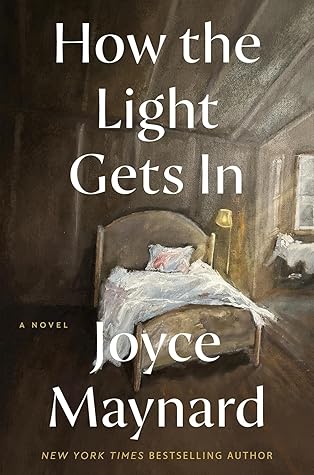More on this book
Community
Kindle Notes & Highlights
She, who believed it was her central and sole purpose in life to keep her children safe and happy, has had no choice but to face the fact that even if a person has tried the best she could to do those things, she may not succeed.
“Because you just care so much,” Toby says. “You probably can’t help it. But you just care so much all the time.”
“Whatever it is those children of yours need at this point,” Jason tells her, “they’re probably not going to get it from you.”
Did anyone ever give birth to a child without relinquishing some part of herself? Had any woman ever truly managed to meet her own needs while raising a child?
“When you can’t fix a problem,” she reflects, “the best thing you can do is learn to live with it.”
“Ursula will always be my daughter. I will always love her. If she lets me back into her life, that will be a great day. If she never does, I’ll keep loving her anyway.”
Thank you. I’m sorry. I forgive you. I love you—the Ho‘oponopono prayer
Sinead O’Connor had offered comfort, the endless loop she used to play of “This Is to Mother You.”
Eleanor has suffered every one of their problems and taken them on as her own. It’s what mothers do. (And sometimes, it’s what mothers get blamed for doing.)
You can find this playlist on Spotify under the title “Eleanor’s Playlist (How the Light Gets In).”
Eleanor plays on endless loop at one particularly hard time in her life, “This Is to Mother You.”


